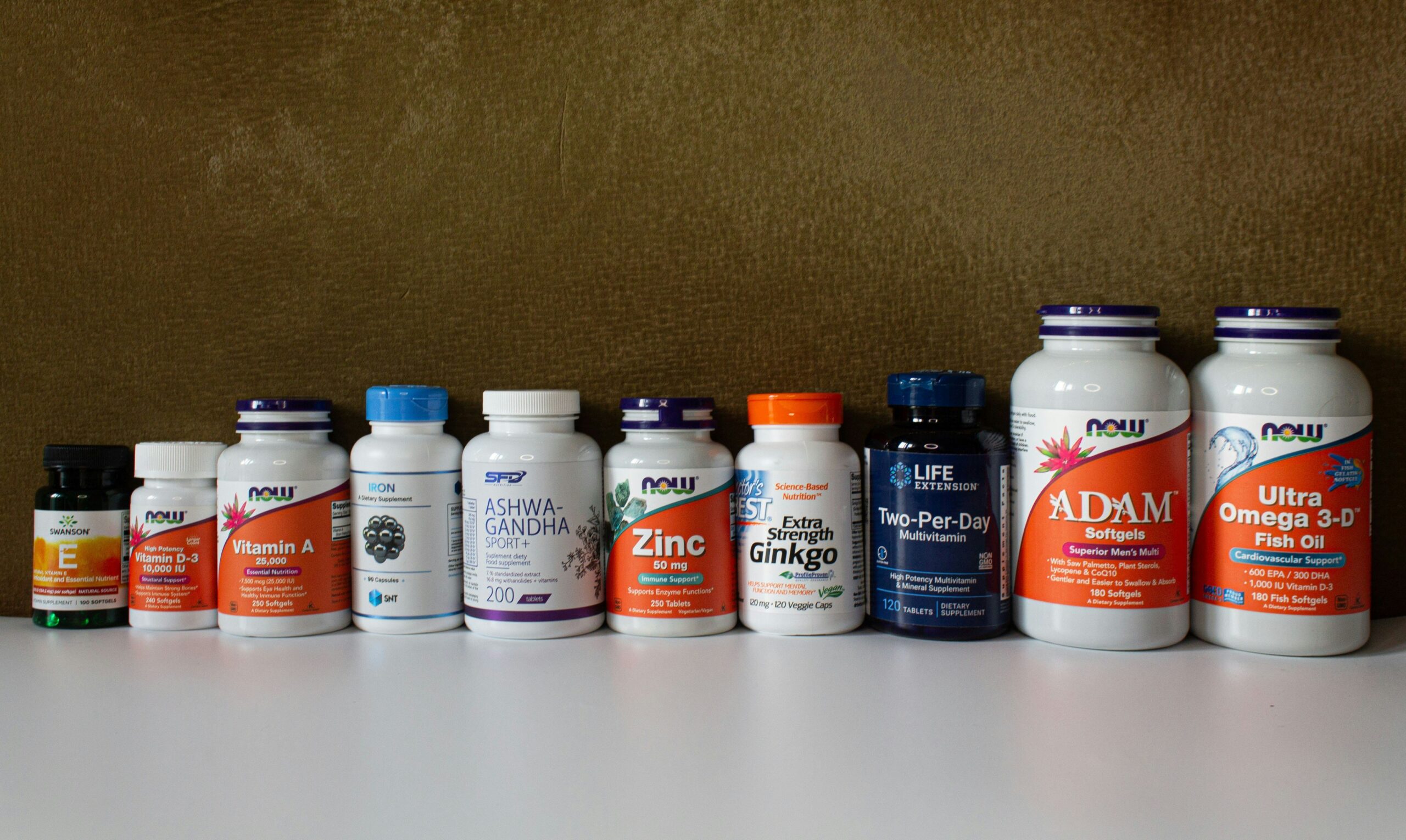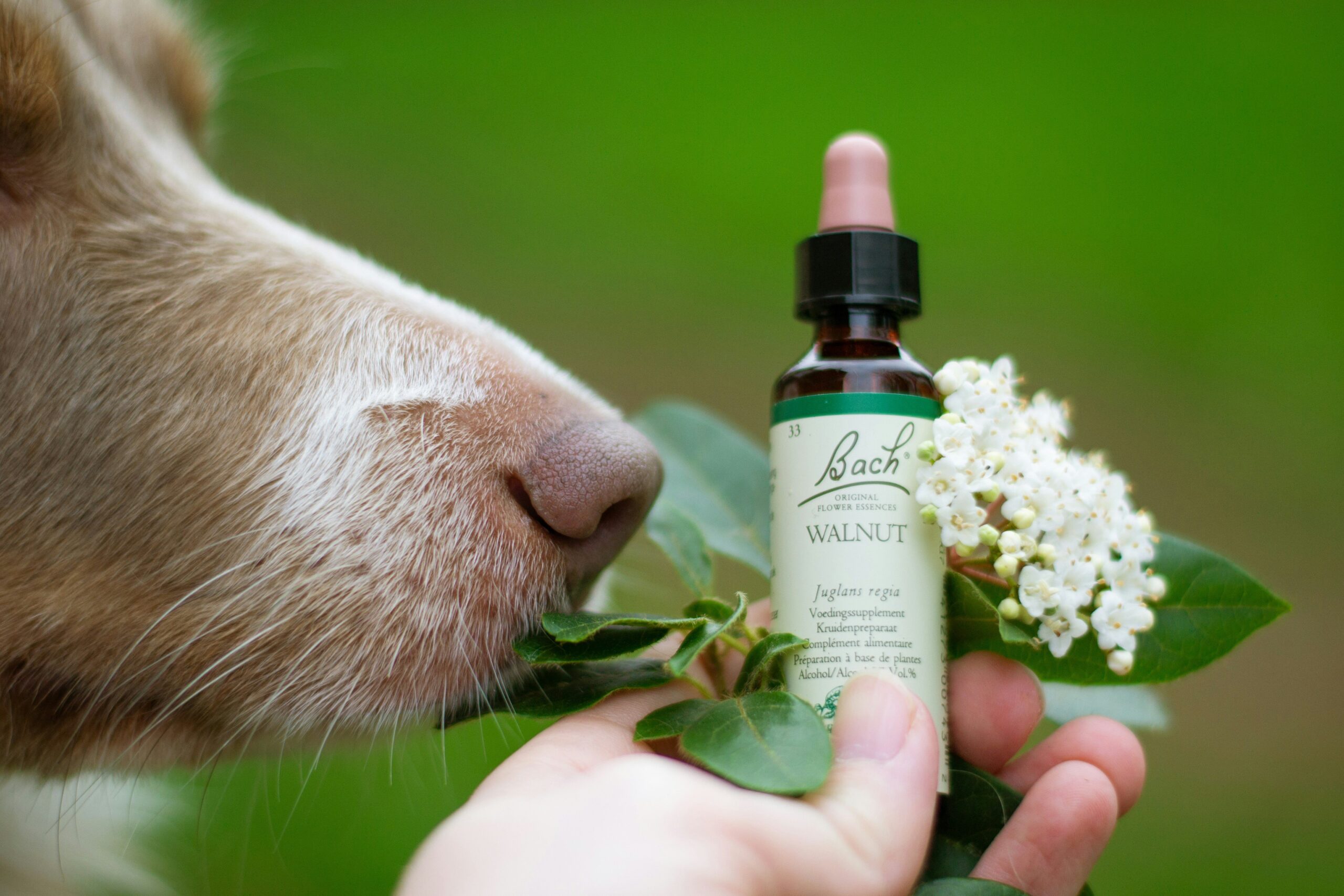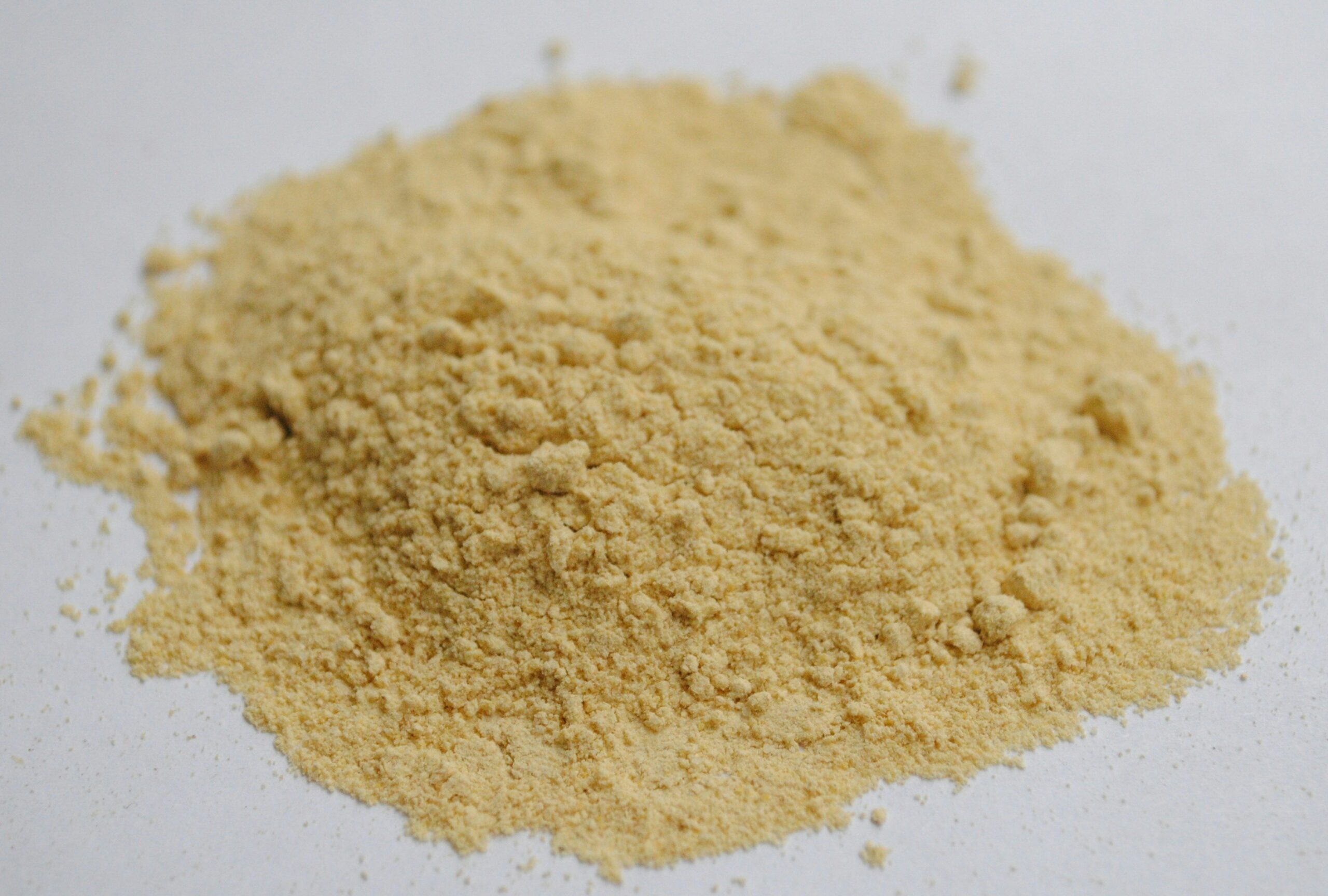Have you ever felt helpless watching your furry friend battle an autoimmune disorder? You’re not alone. Did you know that over 10% of dogs suffer from some form of autoimmune condition, with symptoms ranging from chronic inflammation to debilitating fatigue? Enter turmeric supplements—a golden solution buzzing in the pet care world. Today, we’ll dive into how this ancient spice might just be the superhero your four-legged companion needs.
In this article, we’ll explore why turmeric could make a difference, how to introduce it safely, and tips for choosing quality supplements. Plus, we won’t shy away from addressing the missteps and misconceptions around using turmeric for pets. Ready? Let’s get started!
Table of Contents
- Key Takeaways
- The Growing Concern Over Autoimmune Disorders in Pets
- How Turmeric Helps Combat Autoimmune Issues
- Step-by-Step Guide to Safely Introducing Turmeric
- Best Practices for Using Turmeric Supplements
- Success Stories: Real-Life Impact of Turmeric on Pets
- FAQs About Turmeric and Autoimmune Disorders
- Conclusion
Key Takeaways
- Turmeric contains curcumin, which has potent anti-inflammatory properties beneficial for autoimmune disorders.
- Introduce turmeric gradually and always consult your vet before starting any supplement regimen.
- Not all turmeric supplements are created equal; opt for high-quality options free of fillers or additives.
- Monitor your pet closely when introducing new supplements to ensure there are no adverse reactions.
Why Should You Care About Autoimmune Disorders in Pets?

Autoimmune disorders occur when the immune system mistakenly attacks healthy cells, leading to inflammation and tissue damage. For pets, these conditions can manifest as allergies, arthritis, inflammatory bowel disease (IBD), or even skin issues like mange. It’s heartbreaking to see our beloved companions struggle—especially because traditional treatments often come with harsh side effects.
Optimist You: “There must be natural ways to support their health!”
Grumpy You: “Yeah, right—who has time to research herbs while juggling work and puppy poop cleanups?”
Why Turmeric Could Be Your Secret Weapon Against Autoimmune Chaos
Ah, turmeric—the golden child of wellness trends. But here’s the thing: it’s not just hype. Curcumin, the active compound in turmeric, boasts powerful anti-inflammatory and antioxidant properties. Research suggests that curcumin helps modulate the immune response, reducing unnecessary flare-ups caused by autoimmune disorders.
But wait—it gets better! Unlike certain pharmaceuticals, turmeric comes with fewer side effects (when used correctly, of course). This makes it an appealing option for pet parents looking for gentler alternatives.
Step-by-Step Guide to Safely Introducing Turmeric
So, ready to sprinkle some sunshine into your pet’s bowl? Follow these steps:
Step 1: Consult Your Vet
No surprise here—but seriously, talk to your vet first! Not every pet will benefit from turmeric, and dosages vary based on size, breed, and existing health conditions.
Step 2: Choose High-Quality Supplements
Low-grade turmeric supplements may lack bioavailable curcumin or contain unwanted fillers. Look for products specifically formulated for pets, ideally with added black pepper extract (piperine) to enhance absorption.
Step 3: Start Slowly
Confessional Fail: I once dumped half a teaspoon of turmeric powder straight into my dog’s dinner without checking the dosage guidelines. Cue projectile vomiting at midnight. Lesson learned: Always start small—about 1/8th of a teaspoon per day for small breeds—and slowly increase the amount over weeks.
7 Best Practices for Maximizing Benefits
- Mix with Healthy Fats: Turmeric binds well with fats, so mix it with coconut oil or fish oil for better absorption.
- Stay Consistent: Results take time! Commit to daily use for at least 4–6 weeks.
- Watch for Allergies: Some pets may have sensitivities to certain ingredients.
- Ditch Counterfeit Brands: Stick to reputable brands reviewed by veterinarians.
- Avoid Human Supplements: These often include ingredients toxic to pets.
- Combine with Diet Changes: A balanced diet amplifies the benefits of turmeric.
- Terrible Tip Disclaimer: Don’t DIY injectable forms unless you’re Dr. Doolittle’s long-lost cousin—and even then, don’t do it.
Real-Life Success: How One Pup Beat Arthritis Naturally

Meet Max, a 10-year-old Golden Retriever who had been struggling with crippling arthritis for years. His owner decided to try turmeric supplements alongside his prescribed medications. Within three months, Max regained mobility, bounding up stairs again like he was five! While individual results vary, stories like Max’s highlight the potential impact of holistic approaches.
Frequently Asked Questions
Is turmeric safe for cats?
Yes, but in much smaller doses due to their sensitive digestive systems. Always consult your vet!
Can I give human turmeric capsules to my dog?
Nope. Human formulas often contain harmful additives like xylitol or excessive amounts of turmeric, which can upset their stomachs.
What if my pet doesn’t like the taste?
Sounds familiar, right? Try mixing it with wet food or hiding it inside treats.
Are there risks involved?
Rant Alert: Ugh, people throwing random supplements at their pets without doing homework drives me nuts. Yes, there are risks—overdosing can cause gastrointestinal upset or even liver strain. Moderation is key!
Final Thoughts
Turmeric offers exciting possibilities for managing autoimmune disorders in pets naturally. By understanding its benefits, following proper protocols, and keeping expectations realistic, you can empower your furry friend to live a happier, healthier life.
Before you go, let’s leave you with this gem:
Golden spice,
Heals the hound,
Peace of mind.
*Like a Tamagotchi, your pet’s health needs daily care.*


